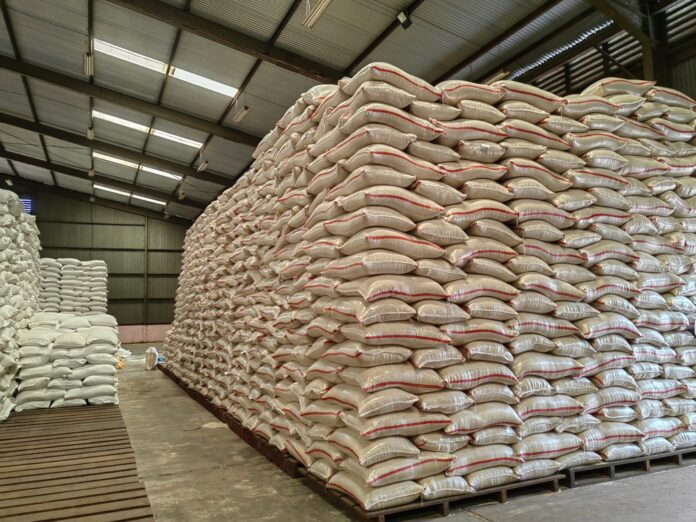Agricultural stakeholders on Monday expressed divergent views on Administrative Order 20 streamlining the policies and procedures on the importation of agricultural products and removal of non-tariff barriers to address the rising price of agricultural commodities.
AO 20 signed by Executive Secretary Lucas Bersamin on 18 April noted that administrative constraints and non-tariff barriers unduly adding to the cost of importation and limit supply persist, increasing the price of agricultural products in the proess.
Non-tariff barriers the AO identified include quotas, import licensing systems, regulations, and red tape, among others.
The Samahang Industriya ng Agrikultura (SINAG) said local producers have no quarrel with the AO as long as agri goods entry are legitimate and accredited importers pay the correct tariff.
“The problem of the industry is outright smuggling of agri goods and those that are misdeclared and undervalued. This is happening as we still don’t have 100 percent border inspection of agri products as provided by the Food Safety Act of 2013 and the Anti Agri Smuggling Law,” said Jayson Cainglet, SINAG executive director, in a statement.
Cainglet said the SINAG is hopeful AO 20 prevents the entry of more undervalued or mis-declared agricultural imports.
He also said the economic managers must find ways to resolve issues faced by domestic producers.
SINAG said a perennial problem requiring resolution include the securing of business permits and compliance certificates, arbitrary closure of farms or increasing requirements and fees for farms to continue operating, conflicting local and national regulations that restrict the flow of agri goods, and difficulty in claiming subsidy or insurance cover.
In a separate statement, Danilo Fausto, Philippine Chamber of Agriculture and Food Inc. president, said AO 20 may help ease price pressures in the short term but prove a threat to the country’s food sufficiency and autonomy goals.
“AO 20 will encourage and incentivize imports. While it may help ease inflation in the short term, it will damage agricultural production over the long term. If local producers cannot compete with imports because of slow delivery of government policy programs designed to assist our farmers due to bureaucratic inertia, farmer producers will leave farming and do something else to earn a living. This is a danger to food sufficiency and autonomy,” Fausto said.







